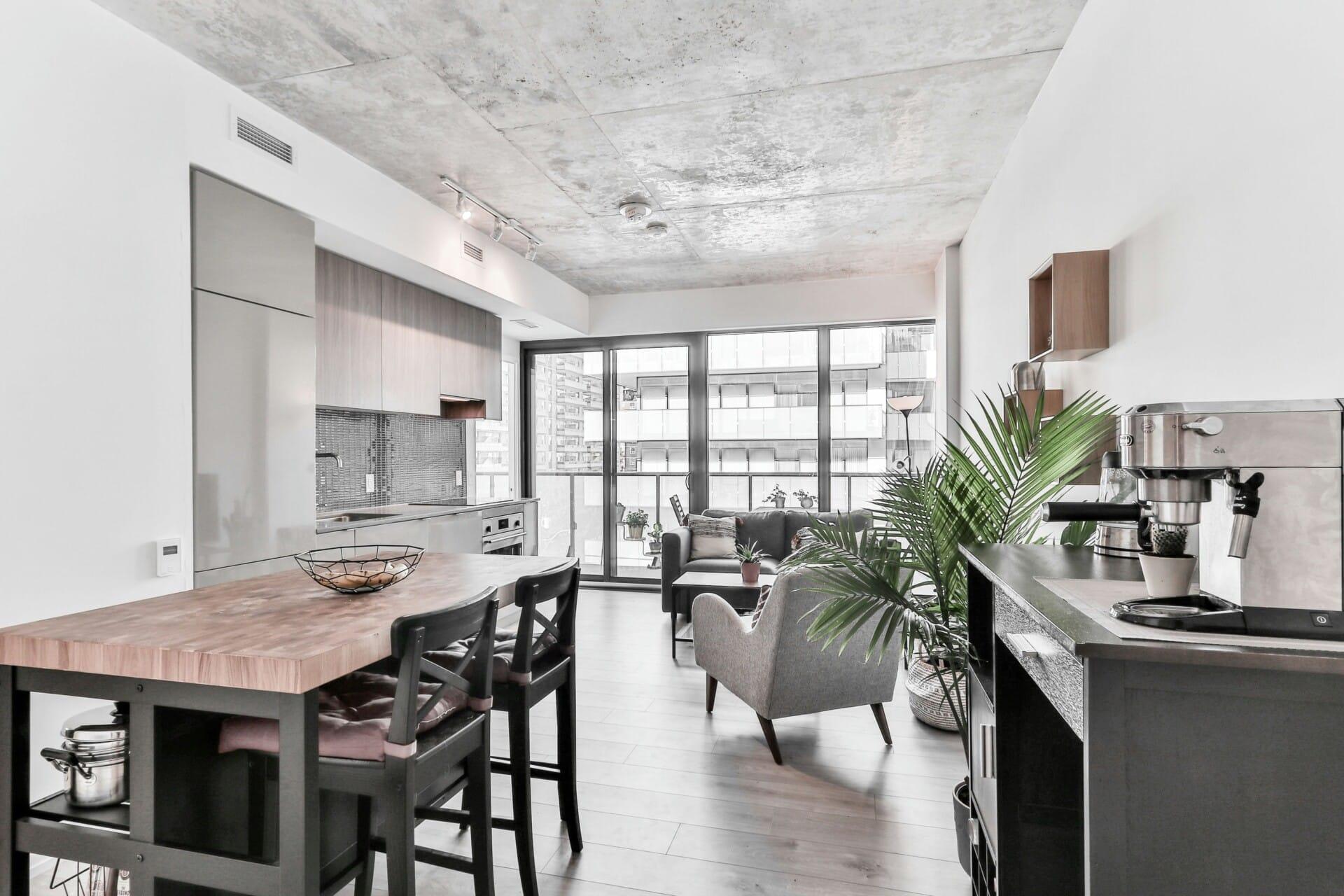Hey there, fellow Malaysians! So, you know how our weather can swing from scorching hot to downright stuffy in a flash? If you’re tired of battling the heat and high electricity bills, we’ve got a solution for you! Insulating your home doesn’t have to cost a fortune or leave you drenched in sweat. Whether you live in an apartment in Kuala Lumpur or a cozy bungalow in Penang, there are plenty of budget-friendly ways to keep your space cool and comfy. In this article, we’ll dive into some simple yet effective tips to help you insulate your home without draining your wallet. So, grab a cup of teh tarik, sit back, and let’s explore how you can create a chill oasis right in your own home!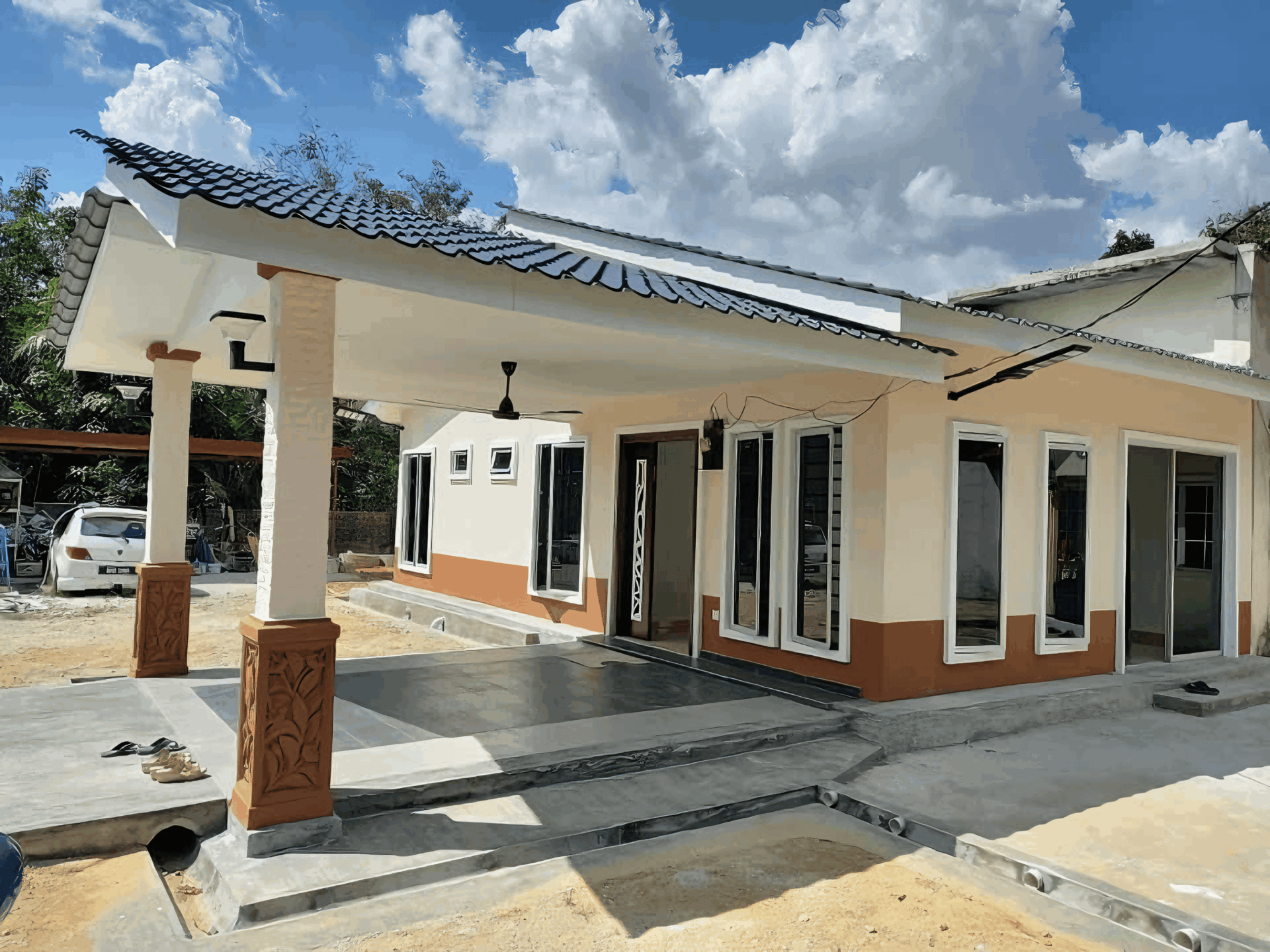
Understanding the Importance of Home Insulation
When it comes to keeping your home cozy and your energy bills in check, good insulation is like the unsung hero of home improvement. It acts as a barrier, keeping the cool air in during the hot Malaysian afternoons and preventing the heat from sneaking in during those steamy nights. Trust me, proper insulation helps maintain a comfortable indoor temperature, no matter what the weather is doing outside. Plus, it reduces the workload on your air-conditioning units, ultimately saving you money.
Investing in insulation isn’t just about comfort; it’s also a smart financial move. Think of it this way: when your home is well-insulated, you spend less on energy costs and increase your property’s value. Homebuyers these days are savvy and often look for energy-efficient features. Insulating your home can be a key selling point when you decide to put your property on the market. Here are some benefits you might want to consider:
- Reducing Energy Costs: No more sky-high electricity bills!
- Improving Comfort: Enjoy a consistent temperature throughout the year.
- Reducing Noise: Make your home a peaceful retreat from the outside world.
So, while you might think that insulation is a big-ticket item, it doesn’t have to be! There are plenty of budget-friendly options out there that won’t leave your wallet gasping for air. From DIY insulating materials to government grants for energy efficiency upgrades, you can insulate your home without the stress. Want to see how various types of insulation stack up? Here’s a quick comparison:
| Type of Insulation | Cost (per sq. ft.) | R-Value |
|---|---|---|
| Fiberglass Batts | RM2 – RM5 | 2.9 - 4.3 |
| Foam Board | RM3 – RM7 | 3.0 - 6.5 |
| Cellulose | RM4 – RM8 | 3.1 - 4.0 |
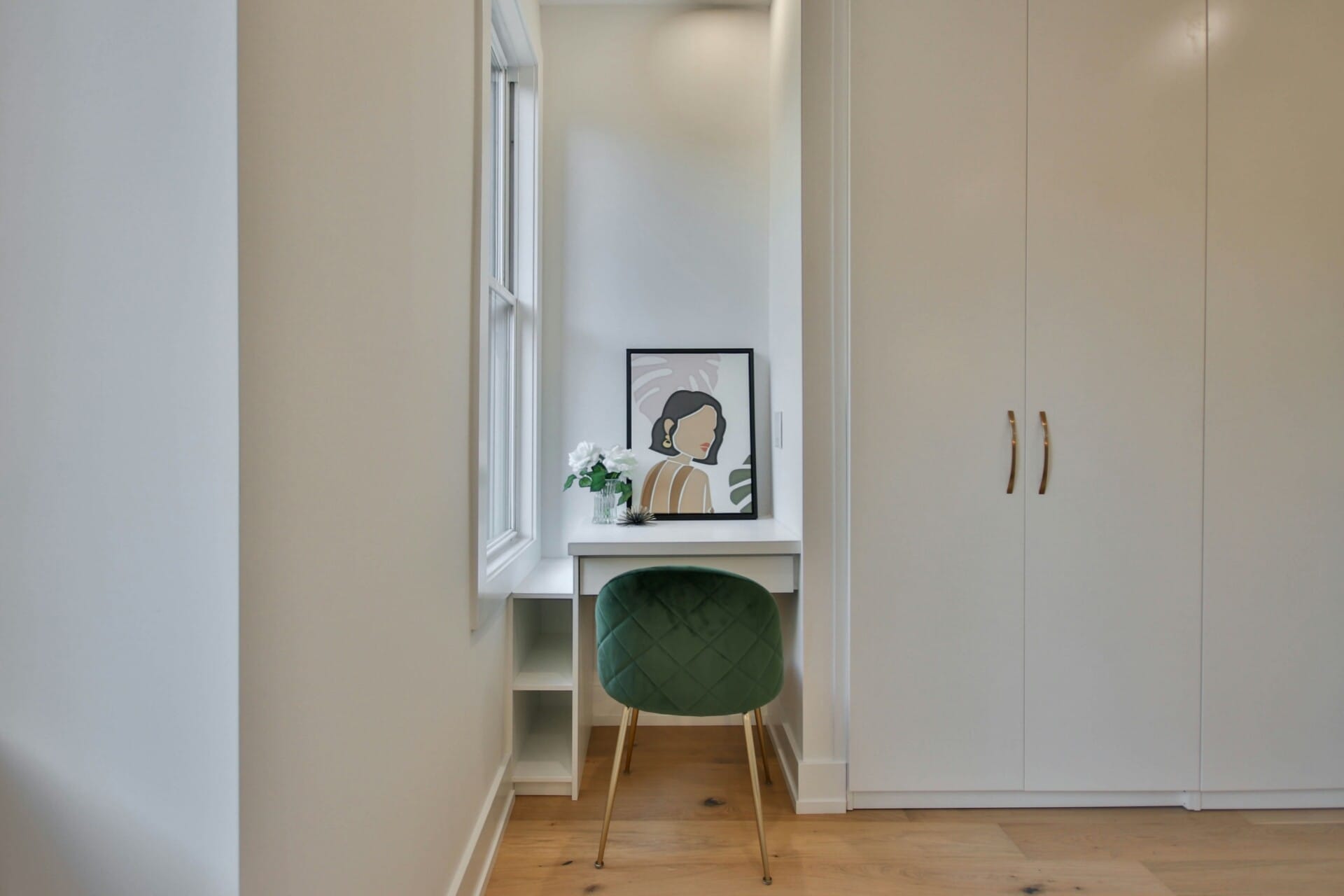
Exploring Affordable Insulation Materials for Every Budget
When it comes to insulating your home on a budget, you have more options than you might think. From natural materials like bamboo or coconut fibers to more conventional choices such as fiberglass and foam board, there’s a whole world of insulation out there that won’t leave your wallet feeling light. Here’s a quick rundown of some affordable insulation materials you can consider:
- Bamboo Insulation: Sustainable, lightweight, and surprisingly effective at keeping heat in.
- Coconut Fiber Panels: Great for tropical climates, offering excellent thermal regulation.
- Fiberglass Batts: Widely available and cost-effective, ideal for walls and attics.
- Foam Board Insulation: Provides a solid barrier against heat transfer, perfect for exterior walls.
- Reflective Insulation: Works wonders in hot climates, reflecting radiant heat away.
Another smart move is to consider DIY insulation projects. Not only can this save you cash, but it can also be a fun weekend project that gets you active in your home improvement journey. Simple techniques like adding insulation blankets or using caulk to seal cracks can go a long way. If you’re feeling adventurous, try stuffing old clothes or rags in gaps—just ensure they’re clean to avoid any pest problems!
| Material | Estimated Cost (per square meter) | Pros |
|---|---|---|
| Bamboo | RM 25 | Eco-friendly, Durable |
| Coconut Fiber | RM 30 | Natural, Effective |
| Fiberglass | RM 20 | Widely Available, Cost-effective |
| Foam Board | RM 35 | High insulating value |
| Reflective | RM 40 | Great for heat reflection |

DIY Insulation Techniques That Save You Money and Effort
When it comes to DIY insulation, there are plenty of easy techniques that can make your home cozier while keeping your expenses down. Here are some creative options to consider:
- Bubble Wrap Windows: A unique way to insulate your windows is to apply bubble wrap. Simply spray the glass with water and press on the bubble wrap. This will create a thermal barrier that can significantly reduce heat loss.
- Reflective Foil: Using reflective foil insulation can bounce heat back into your rooms. Place it behind radiators or on walls that face outside. It’s a budget-friendly approach that packs a punch!
- Old Pillows as Draft Stoppers: Instead of tossing out old pillows, use them to block drafts under doors. They’re easy to move and can be a stylish solution to drafts that save both money and effort.
Incorporating sustainable materials not only saves money but also benefits the environment. Here’s a quick look at some eco-friendly insulation materials you can find locally:
| Material | Benefits |
|---|---|
| Coconut Coir | Natural, biodegradable, and great for moisture control. |
| Recycled Paper | Lightweight, non-toxic, and has excellent insulation properties. |
| Hemp | Strong, durable, and helps regulate humidity levels. |
Don’t underestimate the power of simple weatherproofing tricks that can enhance your home’s energy efficiency. For example, applying caulk to gaps and cracks around windows and doors can drastically reduce air leaks. Remember, you can also seal electrical outlets with foam gaskets to prevent thermal loss. These small adjustments require minimal effort yet yield impressive results on your energy bills!

How to Identify Areas in Your Home Needing Insulation
To spot areas in your home where insulation is lacking, start with a simple walkthrough. Check for drafts around windows and doors. If you can feel a cold breeze even when everything is closed, that’s a telltale sign that your insulation needs a boost. You can also look for gaps in walls or ceilings; any cracks or holes may allow heat to escape, leading to higher energy bills.
Next, pay attention to the temperature differences in your rooms. If you have some spaces that feel warmer in the day and colder at night than others, it’s likely those areas lack proper insulation. Attics and basements can frequently be culprits. If you notice an unusual temperature shift, it may be time to take a closer look and consider adding insulation where necessary.
Lastly, don’t forget about your walls! One quick way to check is by placing your hand against them—feel if they’re warm or cold to the touch. Here’s a quick table to help you remember these key spots to inspect:
| Area to Inspect | Signs of Poor Insulation |
|---|---|
| Windows & Doors | Drafts, cold air leaks |
| Attics | Excessive heat in summer, cold in winter |
| Basements | Cold walls, dampness |
| Walls | Temperature fluctuations |

Eco-Friendly Insulation Options for the Budget-Conscious
When it comes to insulation, you don’t have to compromise the planet for your wallet. There are several eco-friendly options that are budget-friendly too. Here are a few materials you can consider:
- Recycled Cottons: Made from denim or t-shirt scraps, recycled cotton insulation is effective for noise reduction and thermal control.
- Cellulose: This is made from recycled paper products. It’s treated to resist pests and fire, making it a safe choice for your home.
- Sheep’s Wool: A natural insulator that regulates humidity and strikes a balance of warmth and breathability, sheep’s wool is both effective and sustainable.
Think about going for insulation that is both affordable and stylish. If you want something low-key yet functional, consider using straw bales. Not only do they provide excellent insulation, but they also offer a rustic charm. You can also look into mycelium, a naturally occurring fungal network, which can be used as an innovative insulating material that’s gaining traction worldwide.
| Material | Benefits | Approx. Cost (per sq ft) |
|---|---|---|
| Recycled Cotton | Good for noise; easy to install | RM 2.50 |
| Cellulose | Eco-friendly & pest resistant | RM 3.00 |
| Sheep’s Wool | Regulates humidity & natural | RM 4.00 |

Maximizing Energy Efficiency with Simple Changes
One easy way to boost energy efficiency is by sealing up those pesky gaps and cracks around your home. You’d be surprised how much air leaks can add to your energy costs! Grab a tube of caulk or some weather stripping, and give your windows and doors a little TLC. Here’s a quick checklist of areas to inspect:
- Window frames
- Door edges
- Electrical outlets
- Baseboards
Another great tip is to reflect on your insulation. Upgrading insulation doesn’t have to mean tearing down walls. Consider adding a layer of insulation boards in your loft or upgrading your ceiling insulation. You can even pick up some DIY insulation kits for a quick and easy fix. A simple table of insulation types and their benefits might help you decide:
| Insulation Type | Benefits |
|---|---|
| Fiberglass | Cost-effective and resilient |
| Foam Board | High insulation value and moisture resistant |
| Reflective Insulation | Great for hot climates; reduces cooling costs |
Don’t underestimate the power of smart habits! Simple changes like closing curtains during the day can help keep your home cooler without cranking up the AC. Also, investing in energy-efficient light bulbs and unplugging electronics when not in use can make a substantial difference in your energy bill. Start small, and watch those savings grow!

The Role of Professional Help in Cost-Effective Insulation Projects
When it comes to insulation projects, tapping into the expertise of professionals can be a game changer for ensuring cost-effectiveness. They bring a wealth of knowledge about various materials and methods that may not be readily known to the average homeowner. With their experience, they can help you choose the right type of insulation that suits the climatic needs of Malaysia, such as breathable materials for humid conditions. This not only improves comfort but also reduces the chances of issues like mold or moisture buildup, which could lead to costly repairs down the line.
Moreover, professionals often have access to industry pricing and discounts on insulation materials that can significantly lower overall project costs. Engaging their services might seem like an additional expense, but when weighed against potential savings from energy efficiency and prevention of future home repairs, it makes sense. Additionally, they can provide valuable insights on the right installation techniques to maximize energy savings, ensuring that the insulation does its job effectively.
professionals offer a level of assurance and peace of mind that DIY projects simply can’t match. With their expertise, the chances of mistakes that could lead to extra costs are minimized. Here’s a quick overview of the benefits:
| Benefits of Professional Help | Details |
|---|---|
| Expert Advice | Insights on the best insulation materials for Malaysia’s climate |
| Cost Savings | Access to discounts and energy-efficient solutions |
| Quality Assurance | Professional installation minimizes future repair costs |
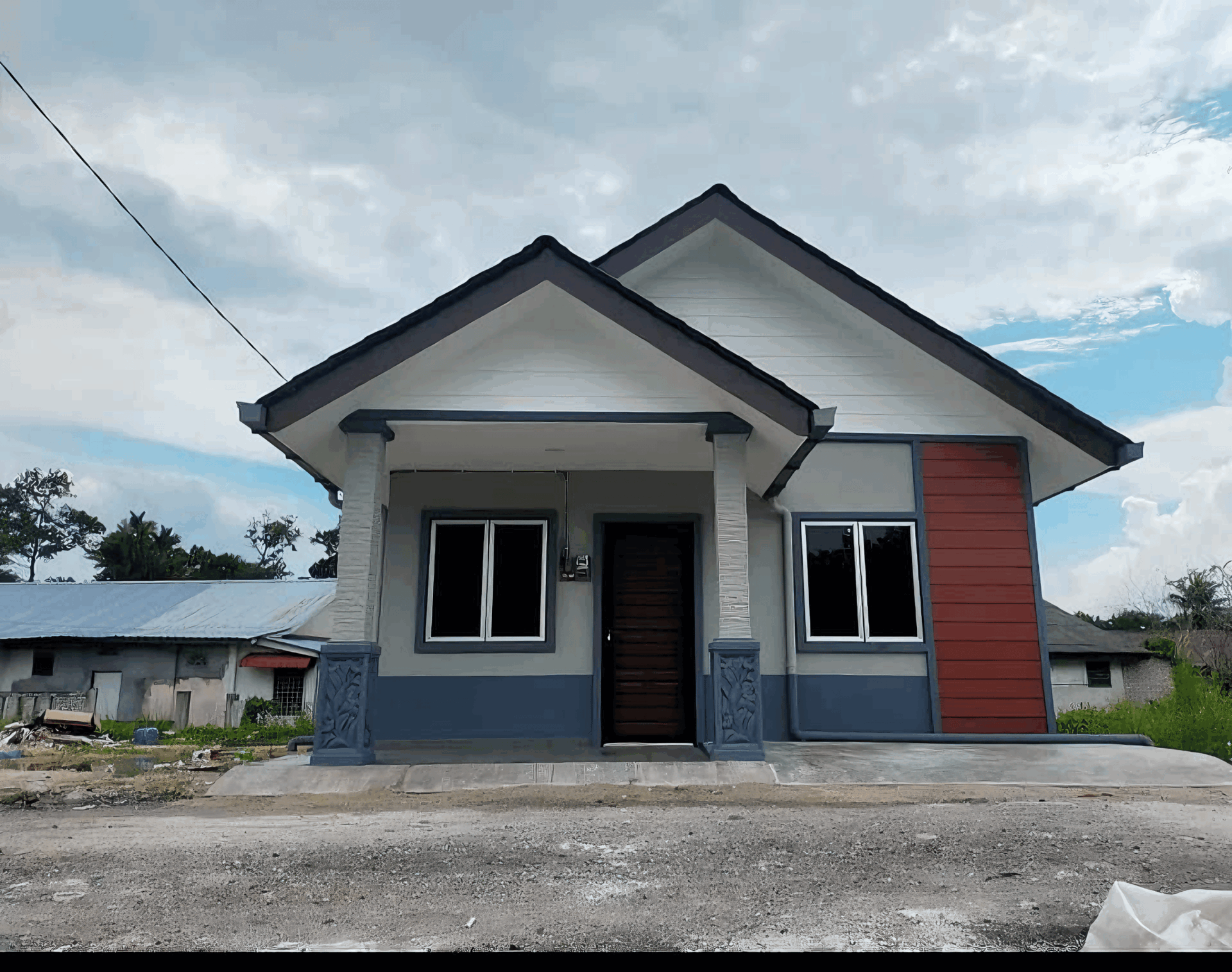
Maintaining Your Insulation for Long-Lasting Benefits
Once you’ve put in the legwork to insulate your home, you’ll want to keep that cozy feeling for as long as possible. Luckily, maintaining your insulation doesn’t have to be a hassle! First off, regular checks are your best friend. Make it a habit to inspect your attic and crawl spaces at least twice a year. Look for any signs of moisture or pests that can compromise your insulation. If you spot any issues, take action right away!
Next up, keep an eye on the weather. In Malaysia, humidity can be quite a challenge. Make sure your ventilation systems are working properly to prevent moisture build-up that could lead to mold growth. This means ensuring that vents aren’t blocked and that exhaust fans, especially in kitchens and bathrooms, are used regularly. Trust me, avoiding damp areas will extend the lifespan of your insulation tremendously!
Lastly, clean and refresh your insulation as needed. While it might sound like a chore, a simple cleaning can work wonders. Gently vacuum any dust build-up on exposed insulation areas, and use a damp cloth for any stubborn spots. If you notice any discolored or damaged sections, replace them right away. Maintaining your insulation with these easy steps will keep your home comfy and energy-efficient for years to come.
Insights and Conclusions
And there you have it! Insulating your home doesn’t have to drain your wallet or leave you drenched in sweat. With a little creativity and some handy tips, you can transform your living space into a cool oasis, perfect for battling the tropical heat without sacrificing your budget. Remember, every little effort counts – whether it’s sealing those sneaky drafts, using reflective materials, or even getting crafty with DIY solutions. So, roll up your sleeves, gather your materials, and get started! Your home will thank you, and so will your wallet. Happy insulating, and may your next power bill surprise you in a good way!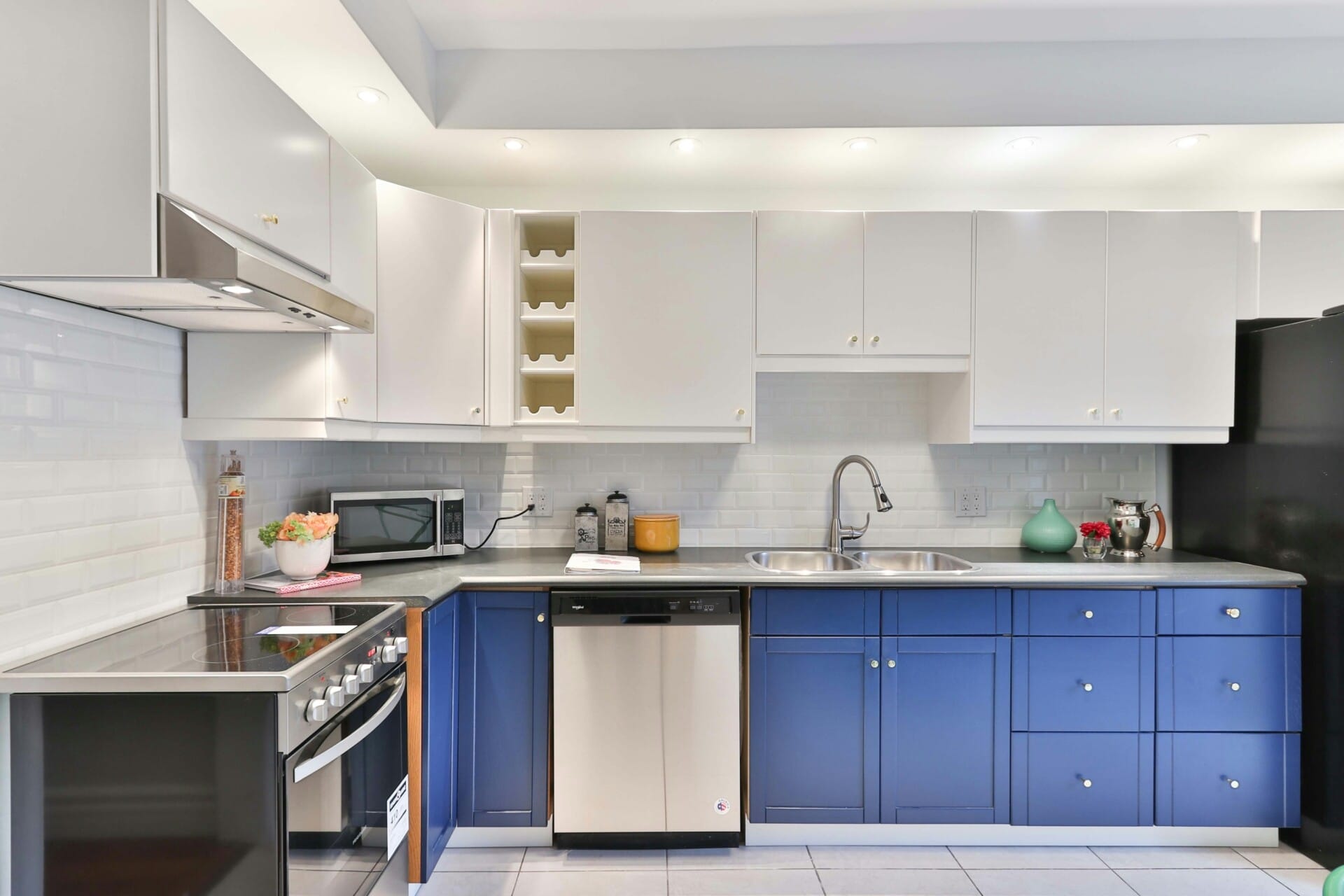
Source link
kontraktor rumah
bina rumah
pinjaman lppsa
pengeluaran kwsp
spesifikasi rumah
rumah batu-bata
pelan rumah
rekabentuk rumah
bina rumah atas tanah sendiri
kontraktor rumah selangor
rumah banglo
